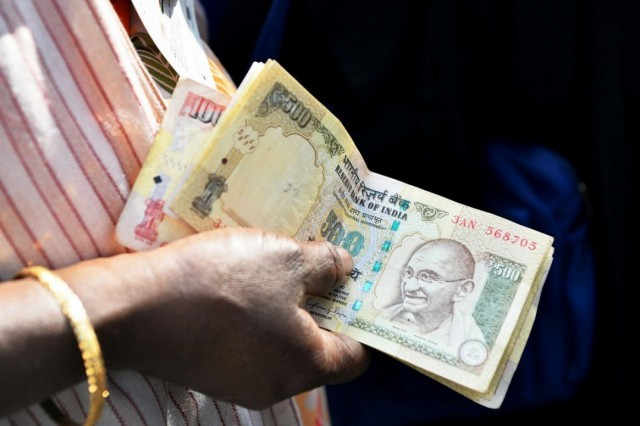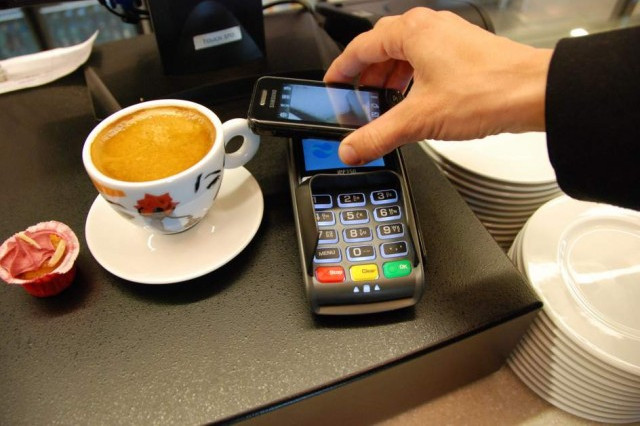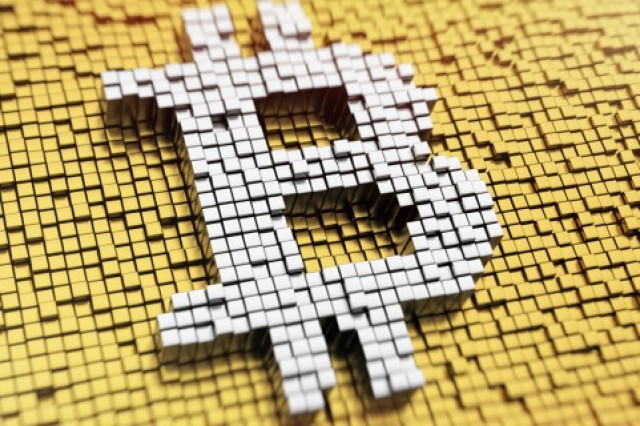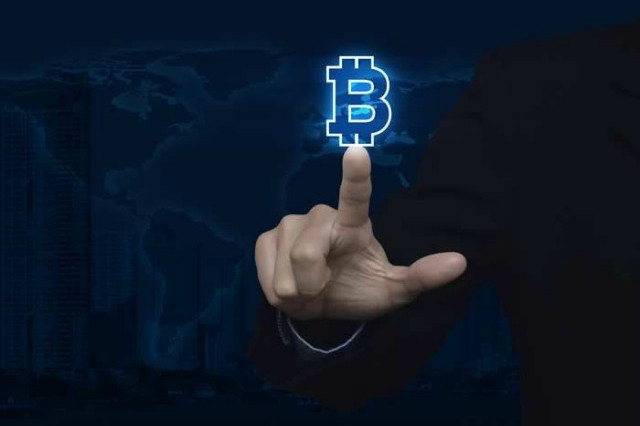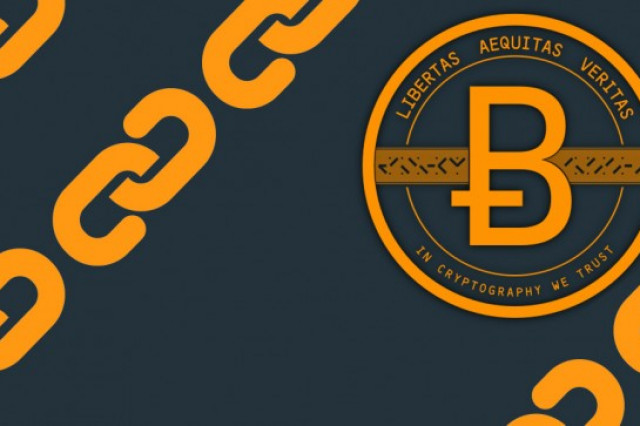Money is a medium of exchange, usually in the form of notes and coins, which is accepted by society for the payment of goods, services and all kinds of obligations. Its etymological origin leads back to the Latin word denarius, which was the name of the currency used by the Romans.
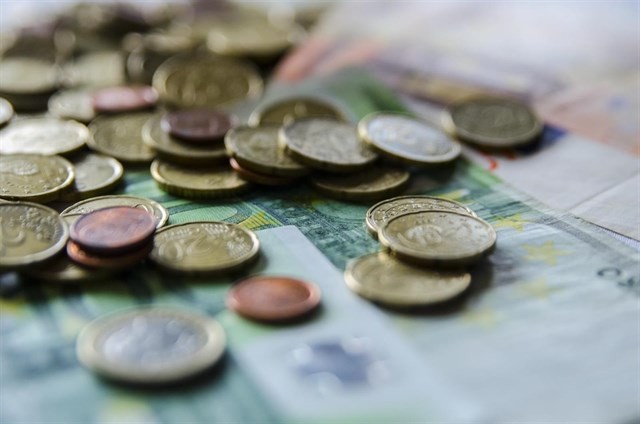
Money meets three basic characteristics: it is a means of exchange that is easy to store and transport; it is a unit of accounting, since it allows measuring and comparing the value of products and services that are quite different from each other; and is a shelter for value, which makes savings possible.
The creation of money allowed the expansion of trade on a large scale. In ancient times, barter was the commercial system par excellence: products were exchanged between each other (apples for wheat, cows for maize, and so on), which made transportability and fixing a value difficult. Instead, with money, trade was simplified.
We should note that the value of money is not embodied in the printed paper notes of the specific currency, but resides in the endorsement and certification of the issuing entity (such as the Central Bank). It is important to keep in mind that money works via a social pact (that it is accepted by all members of society).
At present, money can be created according to two procedures: legal money, which is created by the Central Bank through the printing of bills and the minting of coins, and bank money, generated by private banks through interest on user accounts.
In our day and age, money has acquired an importance never before imagined; we have reached a point of absolute dependence on it, so that without it, we cannot live in society
The abstract value of money
In our day and age, money has acquired an importance never before imagined; we have reached a point of absolute dependence on it, so that without it, we cannot live in society. Unfortunately, this tendency only seems to consolidate itself over the years and brings shackles us to an absolute loss of moral values, and particularly the sense of belonging as regards our colleagues. So much so, that we have stopped trusting in hospitality and offering it, because without money we cannot obtain anything.
Many people claim that money is a kind of god and they are not far wrong. We human beings have learned to depend so much on it that we are even able to put aside moral principles to obtain more money, we might steal, kill, abandon, and so on. In addition, a system has been built in which the word "necessity" has been quite misused, and things have been put into this classification that were clearly not basic necessities.
However, some people who are truly aware of the damage that this absolute dependency on money causes try to get out of the system, promoting community activities that can help improve everyone's quality of life and above all, motivate people to relate and worry about the needs of others. In addition, barter is becoming fashionable again and allows people to exchange certain items they no longer need for others they do need. In this way, there are no items lying about in a loft and people can get what they need, even if they do not have the money to buy them.
It is of significant to note that the dependence on money not only causes the problems already explained, but also has greater consequences: unhappiness
Finally, it is of significant to note that the dependence on money not only causes the problems already explained, but also has greater consequences: unhappiness (which has become common currency in our societies). People who cannot attain their salary expectations or who do not have access to the things they want, feel frustrated, discouraged and sad and this causes them to lose the incentive to work and live.
(*) Article published in Definition, http://definicion.de/dinero/
Published here with the authorisation of the authors



